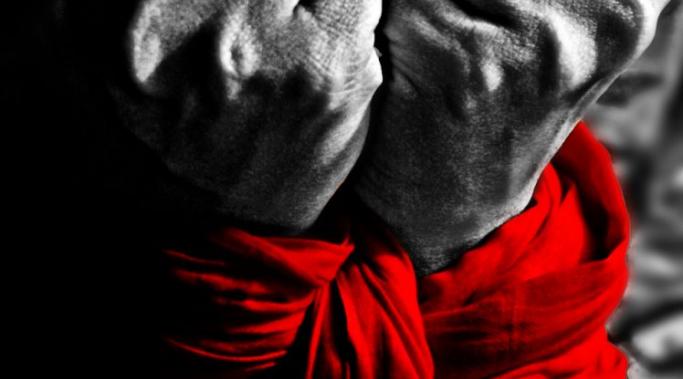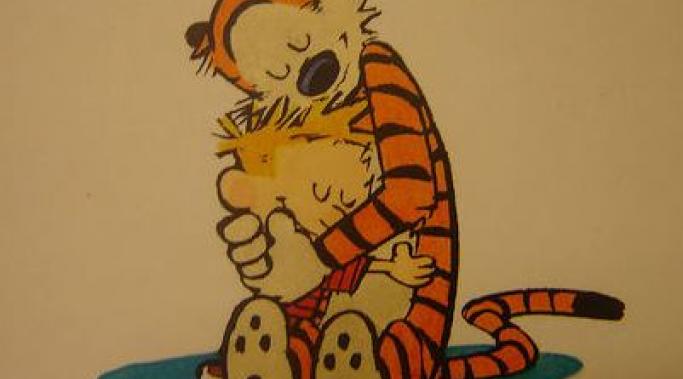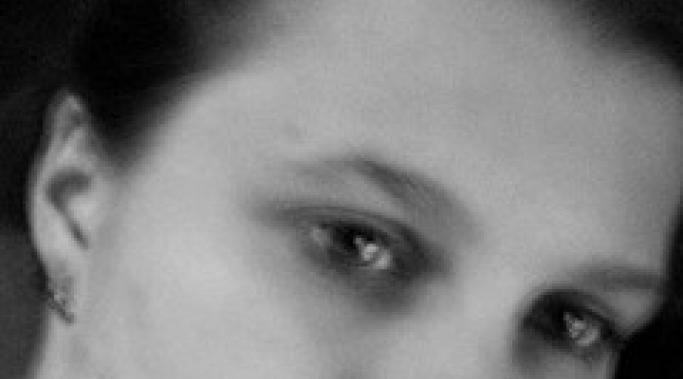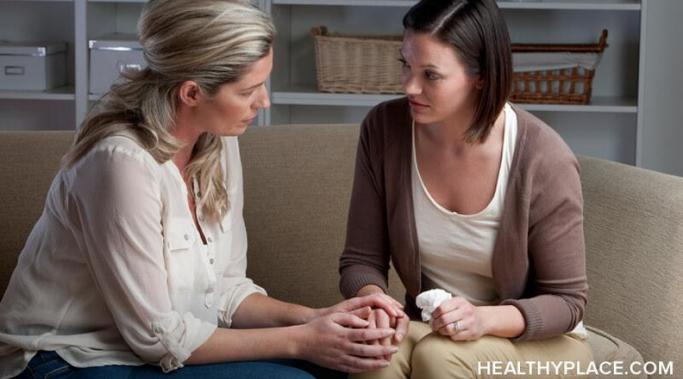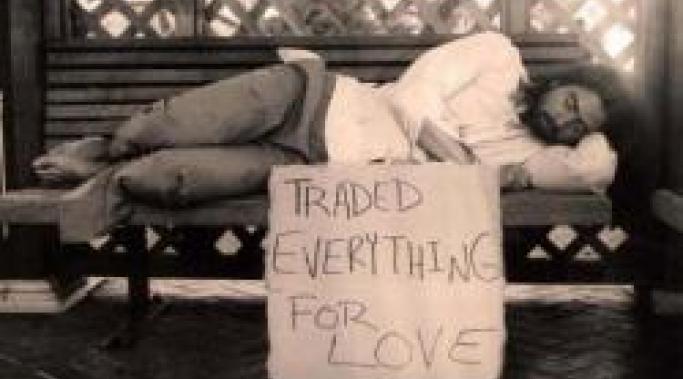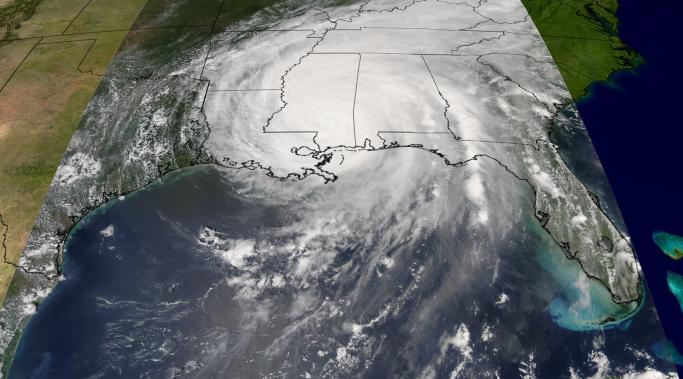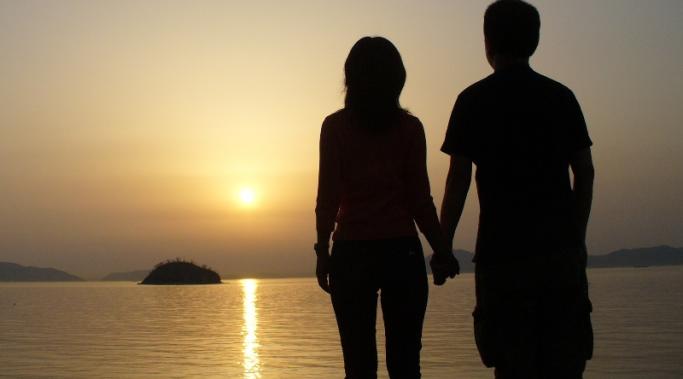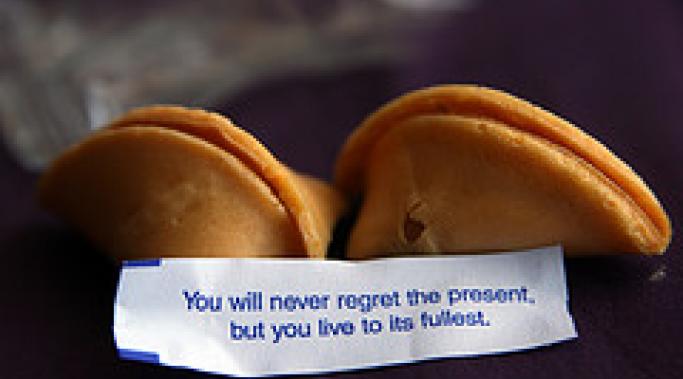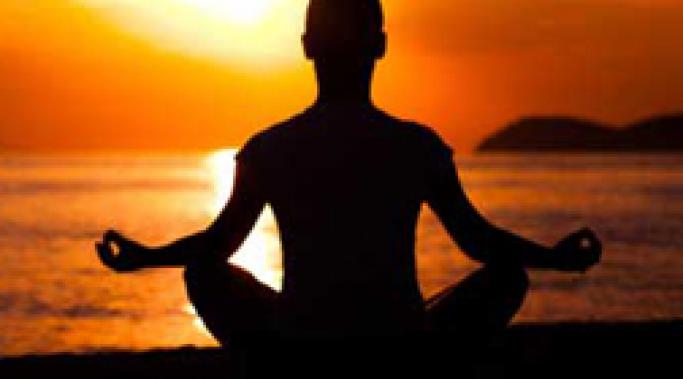"It'll go away, it just needs time, then I won't have to worry anymore...
It wasn't a big deal, or if it was it doesn't matter now. It's over. I'm fine, and I have all these anxiety coping skills. What's there to talk about anyway?"
I can't count the number of times I've thought that way about my mental health.
The message of silence is one that trauma survivors, and those with mental illness receive loud and clear, from society and often very directly from those closest to them. Most internalize it so deeply that it's years before they realize it isn't their voice. That it never was. That it doesn't have to be.
Living with Anxiety
Whenever I think I know what I'm doing, that's when I start to worry.
It's this river running inside me: anxiety. Like background noise that's so strong and permanent you don't really hear it anymore. It's just there, the same as the air moves or my heart beats. I stop, sometimes. Knowing something has to change but unsure what, where, who, or how.
If I'm not anxious, what will I be?
How about loved, valued, self-assured.
Trauma and anxiety change lives. Profoundly, and at their most fundamental levels.
It seems obvious, once said. One of those things: it is what it is, right?
Anxiety: Sh## happens, then you...
Then you pick up the pieces. Then you realize life isn't something you can wear emblazoned on your chest. It isn't a war wound, or a slogan. And you don't get a medal for making it out alive.
Not when the fight is a 'normal', every day thing.
Dealing with trauma anniversaries, triggers and the general anxiety that goes along with them is one of the toughest parts of having an anxiety disorder. So today I've got some tips to help you cope with anxiety cues, and heal post traumatic stress.
What could cure my anxiety? In answer, all I've got is a deer in headlights expression to go with the sign that says 'wrong way, go back!' So no, I don't have a cure for anxiety. But I have some ideas.
Don't just manage anxiety: Be there
We don't have to break the bank to cope with anxiety but we do have to be there. For ourselves. For each other. That's half the job done.
But isn't a job, it's life: A messy, complicated, nerve-wracking love affair with breathing.
I really can't tell you how important support is in coping with that, and with mental health conditions. There are rare moments, between the devil and the deep blue sea, in which we will all experience it: Genuine validation.
Why is anxiety viewed as the relatively benign step-child of mental health conditions? Because if you think it's benign, I assure you it's not.
There's a tendency for people to look down on anxiety because maybe it's not the worst case scenario, or there's a bit more of a silver lining to be found - tatty though it may be.
What disturbs me the most is that with depression, they think you're weak - with anxiety, they think you're hysterical but that it's mostly harmless.
Sometimes anxiety just sucks. Worst of all when it affects more than just me. Of course I try to limit that - how much of it leaks out, how much it affects the people I care about most. But there's really no preventing it affecting them.
After I've done the relaxation thing, settled into the new day, or the new year (yikes! already??), sometimes I'll feel like I'm just left hanging. Wondering, what next in some sort of weird limbo state that's neither here nor there. Not exactly anywhere.
And seriously, what's next? Today. Tomorrow. Next year.
Live in the moment: It’s the only one you have
There are certain relaxation techniques I've found genuinely helpful - and have come to rely on - to deal with specific anxiety issues like:
getting to sleep - ever;
my phobia of flying, and;
managing daily anxiety and depression.
Relaxation techniques relieve anxiety because they literally change your mind. They allow you to settle into the brain wave states that are normally only active during sleep. Basically you're alert and fully relaxed, getting a whole heap of the benefits of sleep, without the bother.
